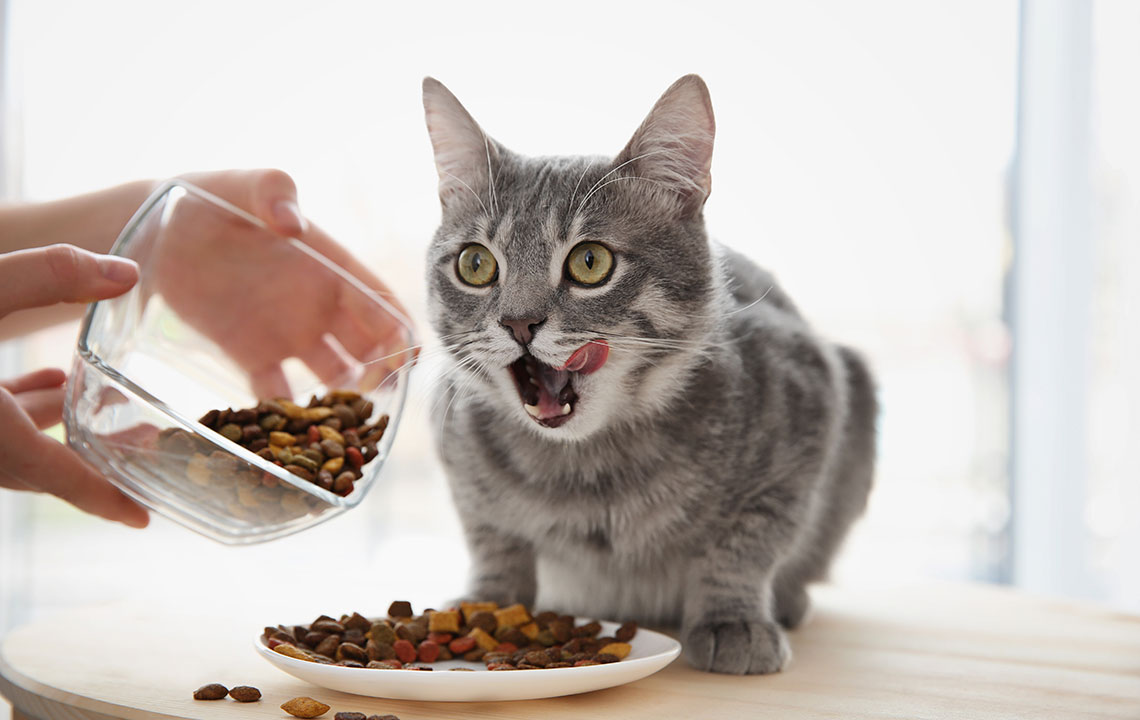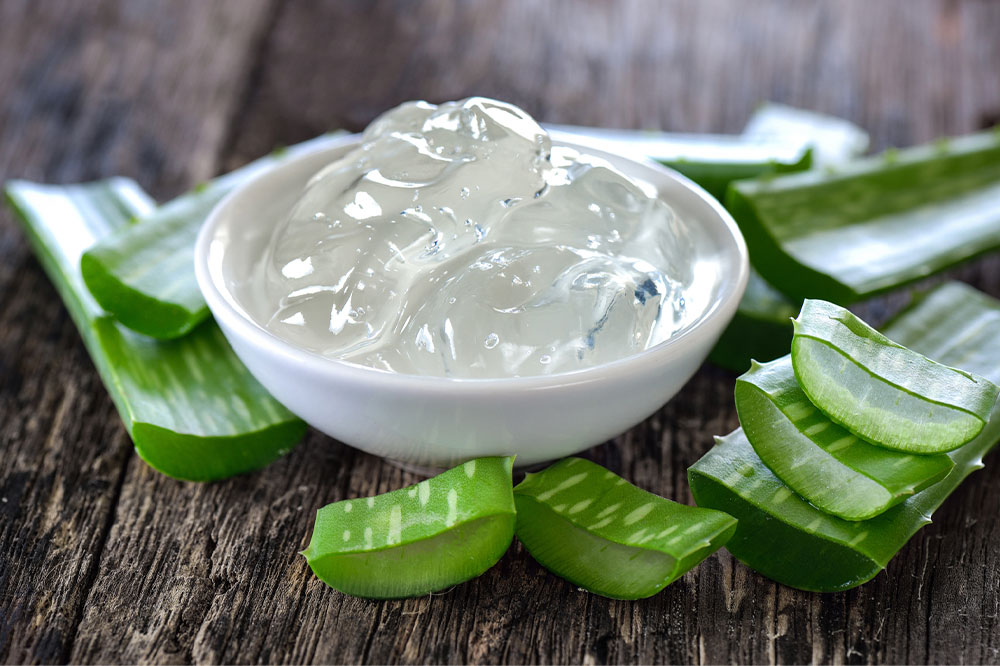Optimal Nutrition Strategies for Cats with Skin Sensitivities
This article offers expert advice on selecting the best nutrition for cats with sensitive skin. It discusses common causes, signs to watch for, and essential nutrients like omega fatty acids, high-quality proteins, and antioxidants. The guidance emphasizes consulting a veterinarian for personalized dietary plans to improve skin health and comfort, promoting long-term well-being for your feline companion.

Best Dietary Choices for Cats with Sensitive Skin
Maintaining your feline's health and vitality is a priority for every pet owner. Nothing compares to the comfort of a shiny, soft coat. However, some cats may develop skin sensitivities, which can cause discomfort if left unaddressed. Causes include allergies, hormonal changes, genetics, infections, and parasites. Environmental factors like dust, mold, and pollen can also worsen skin issues. Implementing specialized diets can greatly improve your cat's skin condition and overall well-being.
Common culprits involve mites, fleas, lice, and other parasites that trigger irritation. Hormonal changes and bacterial infections may also heighten sensitivity. Feeding your cat a diet tailored for sensitive skin supplies vital nutrients. Consider key factors when selecting the ideal food for your furry friend.
To determine if your cat suffers from sensitive skin, examine its coat for smoothness, softness, and absence of flakes. Symptoms include redness, irritation, patches, pimples, dark spots, scabs, thickened skin, and hair loss. Excessive scratching, licking, and paw-rubbing are common signs that need attention.
Recommended actions include:
Check for parasites: Carefully inspect your cat for fleas, mites, or ticks. Proper treatment is key to preventing further skin problems.
Consult your veterinarian: If symptoms appear, seek professional advice for precise diagnosis and tailored treatment plans, including diet recommendations.
Why Specialized Diets Matter for Cats with Skin Issues: Nutrition is crucial for health and can alleviate skin sensitivities. Quality, targeted foods help reduce triggers and promote healthy skin. Your vet can help identify the most suitable diet for your cat’s specific needs.
Critical Nutrients for Cats with Sensitive Skin: Managing skin sensitivity requires consistent care. Key nutrients include:
Omega fatty acids: Omega-3 and Omega-6 from fish oils help nourish skin, reduce inflammation, and prevent dryness associated with sensitivities.
High-quality proteins: Sources like duck and venison support skin repair and reduce allergy risks while avoiding common allergens.
Antioxidants and Vitamin E: These strengthen immune defenses and help control skin sensitivities.
Integrating these nutrients supports healthy skin. Your veterinarian can suggest additional supplements to customize your cat’s diet further.


